Going paperless… is it really a good idea?
08 June 2017
Going paperless… is it really a good idea?
The general consensus on going paperless is that it is a good idea, but is it? The idea is commendable but the reality for many businesses, especially glazing businesses, is that paper is simply too damn useful. It isn’t practical for us to remove it from our daily operations and trying to eliminate it completely is, in my opinion, a total waste of time.
However, does this mean we should abandon hope altogether? The answer is no. I believe that we should be striving for a different goal: “Reducing paper reliance”.
As with most things in life, the move to a paperless business should be about finding the right balance and being flexible. Understanding when paper is useful and when it is a hindrance should be your first step in this journey, and this article is going to aim to provide some guidance in this area.
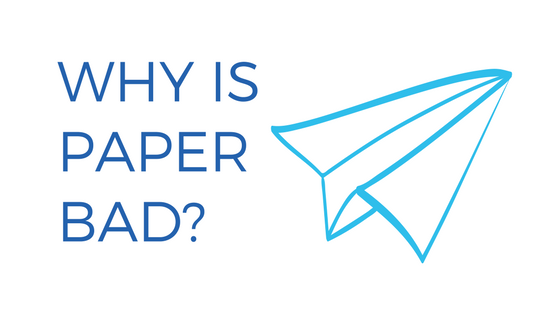
Why is paper bad?
Personally I love it, I use it for all my daily task management, but probably the most obvious reason is the ecological one. More paper = less trees = less Amazon rainforest = meteorological apocalypse, or something.
There are however some other, perhaps more relatable reasons, for reducing your paper use. Anything that’s on paper can be lost, it can be damaged, it can sit in someone’s in-tray/out-tray for days, even weeks. Handwritten information is also often misinterpreted and unless you have a team of data entry hamsters, it cannot be reported on.
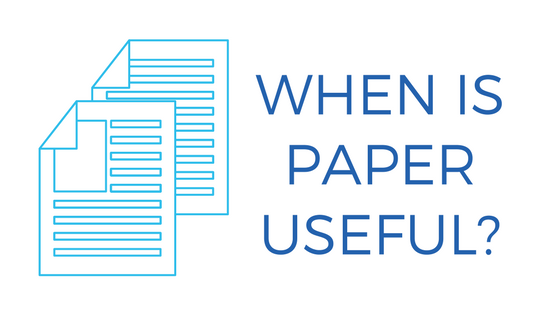
When is paper useful?
In the context of glazing, if you’re onsite and want to jot down some measurements or sketch up your project, then unless you have purpose-built software, having a pen and paper handy is a no-brainer. Even when you have good software, your staff may prefer the flexibility of working by hand. That’s fine, the important thing is to get the measurements right and to understand the work involved. But with a few exceptions, this is probably where it should end.
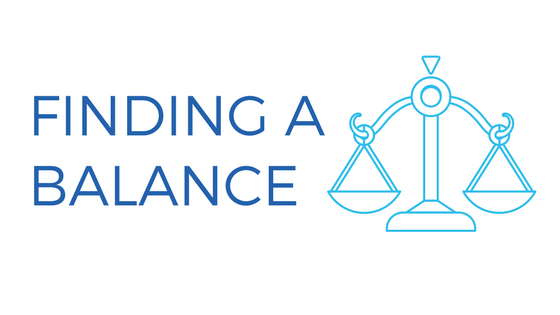
Finding a balance
We are fast approaching the year 2020 and relying on carbon copy booklets, fax machines and in-trays for your core daily operations is something that you should be phasing out. Don’t get me wrong, I’m not saying you need to ditch them altogether, these systems work. Both the carbon copy booklet and fax machine were revolutionary when they came out, but if your business relies on these to function then you are seriously limiting your ability to scale. You need to find a balance, otherwise you‘ll get left behind.
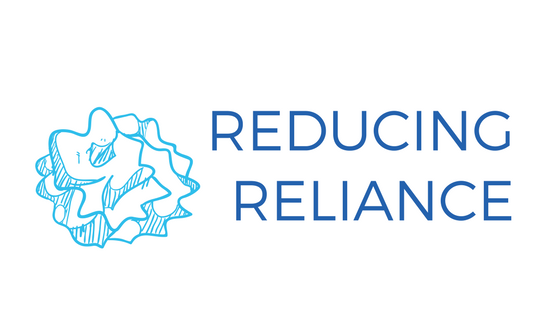
Reducing reliance
To come back to our new goal, reducing reliance, the first step is to move your data, whether it is a drawing, a quote or simply notes on a job, to a digital system (software). Good software will allow you to store your quotes or notes in a meaningful way and allow you to easily see what needs to be followed up on.
For example:
- What is the job status?
- Who is in charge of it?
- When is it due for completion?
- Has it been invoiced?
- Has the customer paid their deposit?
- How did we price it?
- What was our margin?
- When did we send the purchase order for the glass?
- Have we received the glass back in?
- Have we booked in a time for the installation?
- Who is looking after the job?
The list could go on!
By shifting your reliance from a paper trail to a good job management system you are opening your abilities as a business to grow, to become more efficient, to look more professional, to see what is happening today, this week, this month and this year.
You are taking a step towards working smarter, not harder.
Share on Social
Related Blogs
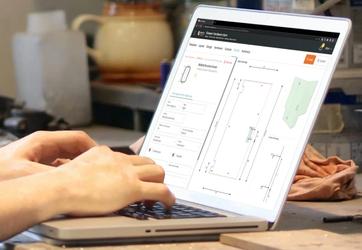
26 January 2024
Why Fabricators need a Glass E-commerce Platform
Going digital isn't just a tech trend—it's a game-changer and could be for your business as well. Let's dive into why introducing an E-commerce portal is a smart move for your glass fabrication business by considering the pros & cons and how Smart Glazier Software can help navigate you into the digital age.
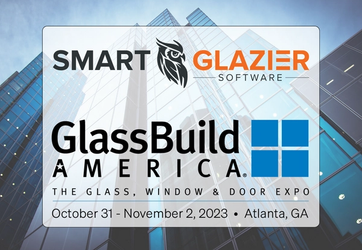
28 October 2023
Smart Glazier Software set to shine at GlassBuild America
2023 has been a huge year for us here at Smart Glazier Software, and we're excited to head into GlassBuild America this year and take part in the most significant event in the Glass Industry across the Western Hemisphere.

05 October 2023
Our Transformation: Becoming Smart Glazier Software
On August 1, 2023, a significant transformation took place as Smart-Builder evolved into Smart Glazier Software. Dive into our blog to discover the motivations behind this rebrand and the implications it holds for our organization.
